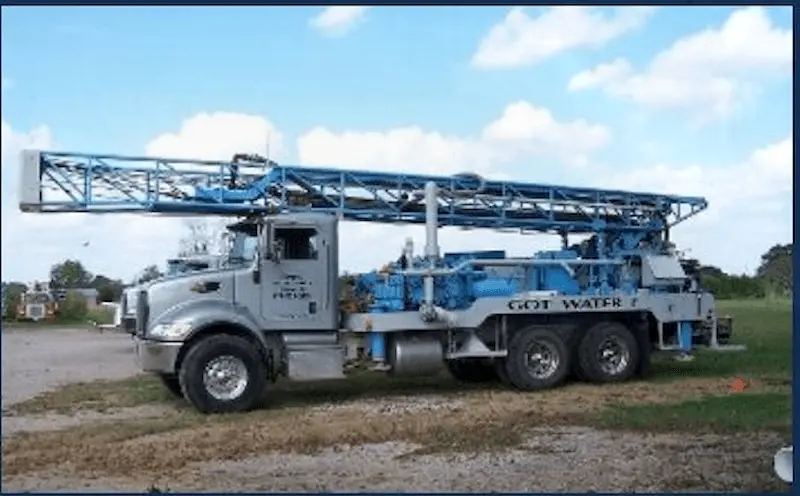Key Takeaways
- Understanding waste management strategies is crucial for environmental sustainability.
- Community involvement and education play a significant role in sustainable waste solutions.
The Current Landscape of Waste Management
Waste management remains a pressing issue impacting environmental health and urban development worldwide. The staggering product of over 2 billion metric tons of waste in 2020 highlights a growing ecological crisis that municipalities strive to address. Innovative waste solutions are becoming increasingly critical as populations rise and consumption increases.
Regions like Brazoria County have begun implementing sophisticated approaches to local waste management through adequate water-healthy management and infrastructure improvement. By employing localized strategies, such as the water well Brazoria County approach, communities actively contribute to reducing their environmental footprint and supporting broader sustainable practices. These strategies help minimize landfill dependency, streamline the recycling process, and foster environmental stewardship among residents.
Community Involvement in Waste Reduction
Achieving sustainable waste management necessitates widespread community participation. Public education initiatives informing citizens about the significance of reducing waste and adopting recycling behaviors are essential to fostering community engagement. By equipping individuals with the knowledge to make environmentally mindful decisions, communities are empowered to participate actively in waste reduction efforts.
Community-driven activities, such as local clean-up sessions and recycling campaigns, bolster environmental responsibility and encourage collective action. These endeavors cultivate a sense of camaraderie and accountability, nurturing a culture that prioritizes environmental well-being and waste reduction.
The Role of Circular Economy
The transition from a linear to a circular economy represents a progressive move toward sustainable production and consumption. The traditional linear model, characterized by a “take-make-dispose” mentality, has given way to a circular approach emphasizing reusing, refurbishing, and recycling resources.
This paradigm promises to revolutionize waste management by minimizing the reliance on virgin materials. Adopting circular economy principles can yield economic benefits through resource conservation, waste reductions, and lower enterprise production costs. Moreover, closed-loop systems, where waste products are reintegrated into the production cycle, exemplify how industries can become key drivers of sustainable change.
Challenges in Implementing Sustainable Practices
While the prospects of sustainable waste management are promising, numerous hurdles impede its widespread implementation. Financial barriers often stand in the way of upgrading infrastructure and adopting new technologies, particularly in less affluent regions. Additionally, the prevailing inertia among stakeholders who resist changing current practices poses a significant challenge.
The key to overcoming these obstacles is creating an environment of collaboration and innovation. Governments, private sectors, and communities must collaborate to draft comprehensive policies that incentivize sustainable practices. Robust policies and community involvement are pivotal in confronting implementation challenges and driving long-term waste management success.
Future Trends in Waste Management
Unprecedented technological progress and innovative practices will define the future of waste management. The rise of blockchain technology introduces possibilities for enhanced traceability and accountability in waste-handling processes. At the same time, the development of bio-based materials offers an eco-friendly alternative to traditional resources.
Prominent trends include the emergence of zero-waste communities dedicated to minimizing waste output. These communities set powerful examples for broader societal adoption by prioritizing sustainable product use and resource efficiency. Their approach focuses on preventative measures, effectively tackling waste management at its source.
Visit the rest of the site In Tech Times for more interesting and useful articles. Thank you!




